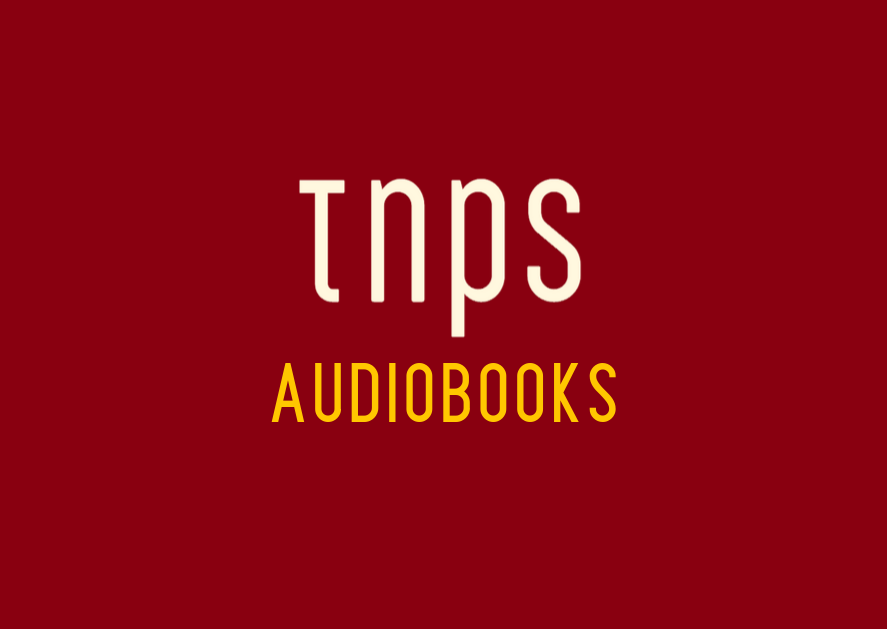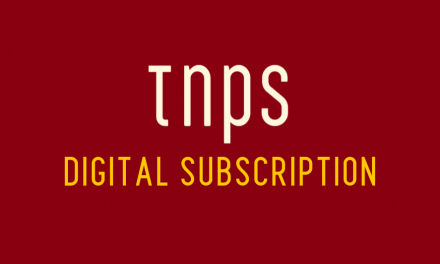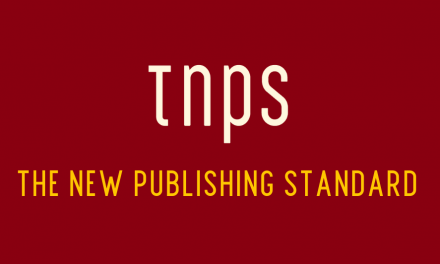“Literature and art are created exclusively by artists and not machines,” says the IWA, seemingly completely ignorant of the history of global literature, where technology has augmented – not replaced – human creativity.
Icelandic authors, represented by the Icelandic Writers’ Association, are challenging Swedish streaming platform Storytel over two contentious issues: remuneration rates for audiobooks and the platform’s use of AI in translation and content creation.
Writers argue that streaming payments – calculated per download rather than per sale – yield disproportionately low returns compared to traditional book sales. Simultaneously, they oppose AI’s role in creative processes, asserting that “literature and art are created exclusively by artists, not machines.”
This AI stance mirrors resistance seen in the UK, where certain Luddite industry bodies have prioritised rhetoric over engagement with AI firms, ignoring a global AI content-licensing market projected to grow from $2.5billion to $30 billion over the next ten years.
The Economics of Streaming: Volume vs. Value
A central tension lies in the streaming model’s economic logic. While per-stream payouts are lower than direct sales, this simplistic black-and-white analysis misunderstands the whole point of streaming platforms like Storytel: That they offer access to global audiences – a critical advantage for Icelandic authors in a minor-language market.
The analogy is stark: in simplified terms (numbers for the Icelandic market are not known, so this is illustrative), would writers prefer 100 sales at £10 (£1,000) or 300 streams at £5 (£1,500)? For many, streaming’s scalability could offset lower margins.
I don’t have the numbers, but safe to say only a fraction of Icelandic literature is in audiobook format or translated. But the IWA chooses to ignore an elegant solution.
AI in Publishing: Threat or Opportunity?
The IWA’s rejection of AI follows the UK’s Society of Authors’ Luddite playbook.
“Literature and art are created exclusively by artists and not machines,” says the IWA, seemingly completely ignorant of the history of global literature, where technology has augmented – not replaced – human creativity.
Transformative Potential
This Luddite stance risks overlooking transformative potential. AI-assisted translation could catapult Icelandic works into global markets at minimal cost – a market few non-blockbuster authors currently access. Likewise, AI-assisted narration can expand audiobook catalogue reach.
Protectionism vs. Global Reach
Iceland’s literary scene faces a dilemma: prioritise safeguarding existing structures or embrace innovation to amplify reach. The IWA’s focus on protectionism hinders authors from capitalising on Storytel’s international infrastructure.
For instance, Icelandic noir crime novelist Ragnar Jónasson owes much of his global success to translations – a privilege rarely extended to mid-list writers. AI could bridge this gap, offering smaller authors a foothold in competitive markets.
This post first appeared in the TNPS LinkedIn newsfeed.




